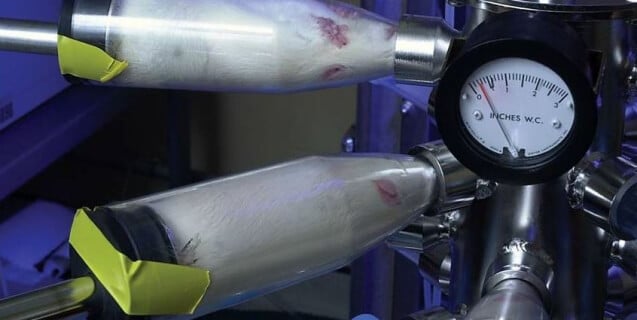Clorox, Universities Win Human Tissue Equivalents to Replace Animals
Four scientists have won human tissue equivalents valued at $20,000 from a PETA International Science Consortium Ltd. and MatTek Corporation contest. These tissues will spare animals the pain and distress of toxicity testing and other tests that involve forcing mice, rats, guinea pigs, and rabbits to inhale or ingest chemicals or endure having potentially irritating or corrosive chemicals applied to their skin or eyes.

These are the winners:
- Kathryn Page, Ph.D., of The Clorox Company, who will use MatTek’s eye and skin tissues to test for irritancy of product formulations
- Susan C. Tilton, Ph.D., of Oregon State University, who will use MatTek’s airway tissue to develop a computer model of the cancer risk of polycyclic aromatic hydrocarbon mixtures
- Jan Willem de Vries, Ph.D., of the University Eye Hospital Tübingen, who will use MatTek’s eye tissue to test a drug carrier system that uses nanoparticles
- Hyun Jung Kim, Ph.D., of the University of Texas at Austin, who will use MatTek’s intestinal tissue to model human intestinal inflammatory disease
Because there were so many excellent applications, four additional scientists received an honorable mention and a 50 percent discount on MatTek tissues.

The contest was a huge hit and received 45 applications from more than a dozen countries, demonstrating the many ways in which MatTek tissues can replace the use of animals and the strong interest within the scientific community in using non-animal methods to predict human health outcomes.

